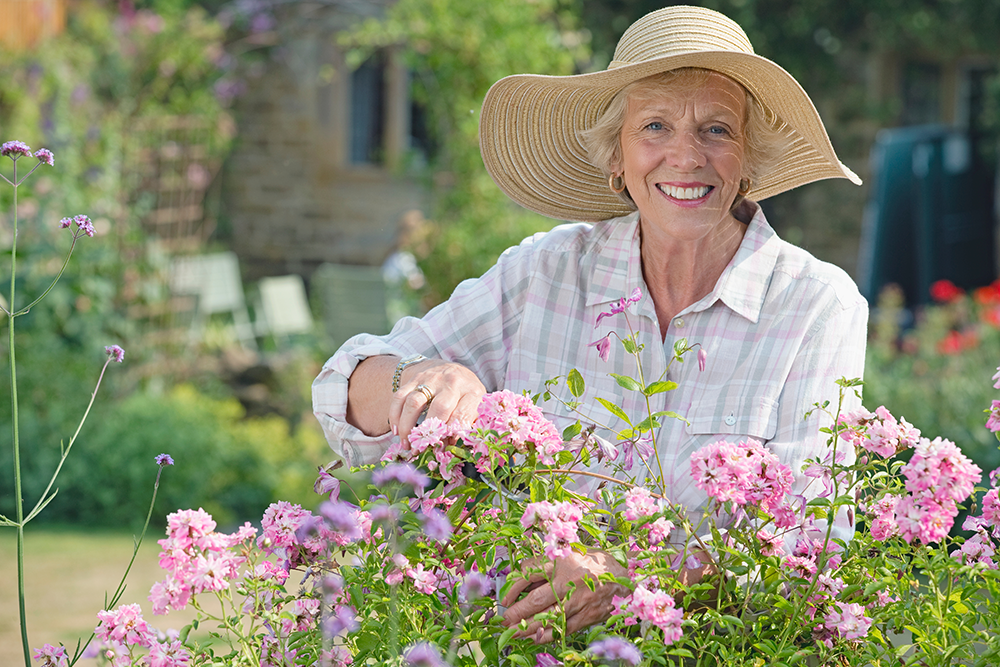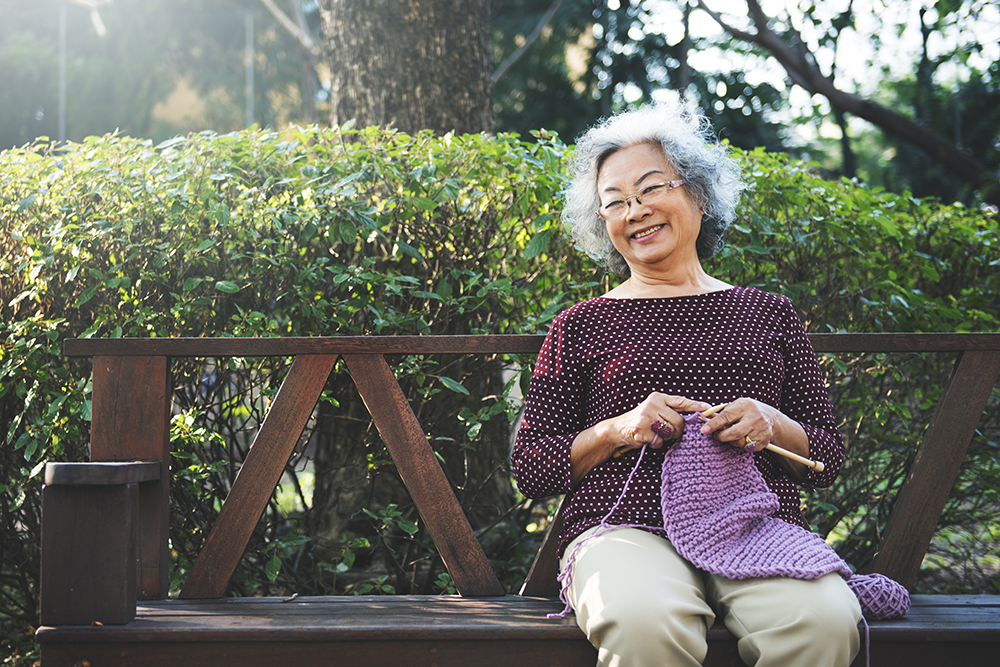Memory care facilities are home to many seniors currently battling health problems related to dementia and memory loss. They provide specialized care to every resident, helping them reduce the symptoms and eventually overcome their illness.
Some forms of dementia, like Alzheimer’s disease, may be incurable, but there are ways to prevent its progression so seniors can achieve a semblance of normalcy and happy life.
One of the many ways memory care facilities combat memory loss is to engage seniors in exciting hobbies to keep them active.
Here are ten stimulating activities you can introduce to your loved one residing in memory care.
1. Fitness Activities
Staying active is an essential part of a senior’s life, but more so for older adults battling dementia symptoms. It offers a lot of benefits for their overall health, such as:
- Improved sleep
- Enhanced physique and strength
- Improved flexibility, balance, and blood circulation
- Reduced occurrence of behavioral problems like sundowning, insomnia, and anxiousness.
- Decreased agitation and aggressive behavior
Don’t worry; your loved one does not need to engage in vigorous, heart-pounding gym activities for it to count as an exercise. Many senior-appropriate fitness activities provide all the benefits mentioned above while also ensuring your loved one’s safety.
This includes walking, stretching, sit to stand exercises, and yoga. Seniors with mobility issues can also indulge in activities that fit their fitness and abilities like chair exercises, knee lifts, and overhead arm stretches.
2. Household Activities
Everyday household activities like folding laundry and floor-sweeping provide plenty of physical and mental benefits for your loved ones (more than you realize).
For starters, household chores allow them to move their muscles, stretch their joints, and have something to occupy their day.
Furthermore, the predictability of these chores serves as therapy for your loved one’s mind. It brings a sense of order and routine, which has a massive impact on them now that they struggle with remembering things.
These daily activities keep their brains active, increase their sense of independence, and boost their self-esteem. Make sure to choose tasks that are not too taxing nor too passive. Stick with safe chores that won’t endanger your loved one.
3. Handy Tasks
Hobbies should focus on the enjoyment of your loved one rather than achievement. So in choosing an activity, you should look into their skills and interest.
Do they love tinkering with old materials or creating something new using their hands? If so, then introduce them to handy tasks like wood painting, assembling pieces of equipment, knitting, or crocheting.
These activities allow them to practice their motor skills while also stimulating their memories. Just remember to start on something easy, like organizing stuff before assembling it, before moving on to a more challenging task.
4. Visual Art Expression
If art had been a considerable part of your loved one’s professional life during their adulthood, then it won’t hurt to reintroduce it now but as a hobby or pastime. You can put a paintbrush or a sketchpad into their hands and let muscle memory do the work.
You can also encourage a crafty loved one to try art for the first time. Guide them through easy art activities first, like:
- Photography
- Collage making of old photos
- Arranging flowers
- Cutting fabrics into different small shapes
- Creating shapes with playdough
- Sorting picture cards
- Making a scrapbook

5. Gardening
Many seniors enjoy gardening because plants and the outdoors bring out a relaxing and happy atmosphere. It is also an understated active hobby that benefits their physical health with all the sitting, standing, stretching, walking, and kneeling they do while tending to their garden.
6. Dancing and Listening to Music
Whether you are a musician or not, music has certainly played a role in everyone’s life. It evokes fond memories, brings forth a festive mood, and promotes connection to other people.
More importantly, it is an effective stress reliever, which is good for everyone’s mental health, especially seniors struggling with memory loss.
So put on your loved one’s favorite music and join them in swaying along with the rhythm. You can make it a social event by proposing a dance and music night to their memory care facility.
7. Immersive Technology
With a new coronavirus variant still at large, it would be a good idea to stick to hobbies that can be done at home or in the comfort of your loved one’s memory care community.
One example is the different technology-based activities that promote brain engagement and stimulation. Some of the activities they will undoubtedly love include:
- Streaming their favorite shows and music.
- Join in virtual museum tours.
- Travel the world through Google Maps.
- Visit the zoo and national parks virtually.
- Have regular video chats with loved ones.
Make sure to guide them when it comes to setting up their devices. You can also ask one of the staff in the senior home to help your loved one set-up their gadgets.
8. Fun Games
If your loved one isn’t a fan of technology, then you can resort to the old-fashion way of stimulating the mind through fun games like crosswords, puzzles, and board games!
Playing memory games, Snakes and Ladders, and even Jenga helps keep their brain active and stimulated. Moreover, it would help slow down their memory loss while doing something fun and exciting.
9. Reading and Writing
These two activities might not be the most engaging ones, but they surely are the most mind-stimulating of them all. If your senior loved one has a penchant for literary pieces, then you can introduce reading or writing as a hobby to them.
There are many books made specifically for seniors with dementia, which are easy-to-read and comprehend but still perfect for their adult age.
10. Volunteering Activities
Volunteering and helping others might be the most fulfilling physical activity a senior can engage in. It lets them connect with other seniors, do something worthwhile, and be physically active.
You can join your loved one in signing up for community programs or as a volunteer in their own memory care facility during social events.



